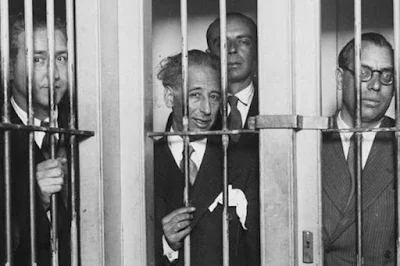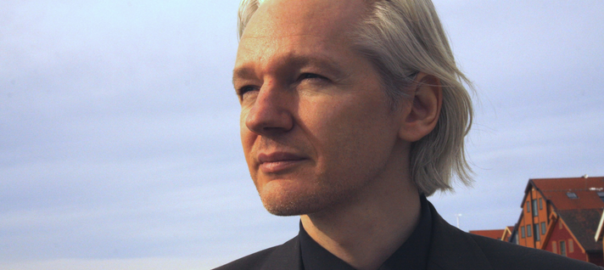Companys is sitting while he waits in the living room. They tell him that someone just knocked on the door. “Lluís, les allemandes sont arrivées!”
(Lluís, the Germans are here). Calmly, he turns the page of the book he
is holding and keeps reading. The members of the German police find him
in his chair, reading Vies des saints (Lifes of Saints). Being
as he is a liberal politician, of strong unionist convictions, his
reaction is profoundly telling. He could have fled many days ago, but
he's tired. Besides, he has important reasons for staying in France. His
son, Lluïset, ill with schizophrenia, disappeared from the French
mental hospital he was in after a bombing by the Germans forced it to be
shut down. What will men be capable of when they give themselves to
hatred...
 |
| Lluís Companys |
Companys knows
that he has made a few mistakes, that his reputation is destroyed, even
(or especially) among Republicans and Catalanists. He has many doubts,
hopes, and regrets. How many friends did he lose? He is far from home,
the Catalan Government is gone like the wisps of smoke of a cigar, and
he, who used to feel all-powerful at the Monumental not even
three years ago, is now just one more refugee. However, he knows deeply
that human beings do not only have one earthly life, but that there is
another life after death, the final journey that makes heroes and
martyrs of the defeated. Companys accepts his own destiny. He will lose
his life but will reach immortality, and he will be a part of history.
All his sins shall be forgiven. The day will come when teachers in
schools will explain with excitement to their eager but slightly bored
students the last hours of his life; his journey to the border as a
prisoner of the Nazis; the harsh conditions on his trip to Madrid; his
stay in prison; his torture; the illegal proceeding around his trial;
the death that catches him unshod while he screams with his face to the
wind Per Catalunya! in a futile but patriotic act. His time will
pass and soon no-one who remembered him will be alive, but he will
remain in the memory of those who will come after him, forever stoic,
standing up straight in front of the firing squad in the early hours of
the day.
After they are
done unloading their guns on him, the firing squad lieutenant goes to
finish him off (he just wasn't dying), and on top of that, the cocky
officer steals from him his blood-stained scarf as a war trophy, for
which he will be discharged from the army. The President of the
Generalitat is dead. The cycle of hatred and violence will not be over
until later, but the last traces of Republican legitimacy are physically
dead. So it dies a defeated president, but a martyr is born. Many
Francoists would have rather let him rot in jail, where he would not
cause any trouble, like a slowly vanishing candle in the darkness. Alas,
nobody listened to them, blind as they were from their thirst for
revenge.
Bernat Roca, Historian
__________
Lluís Companys i Jover
(1882 - 1940) was the 123rd President of Catalonia, from 1934 and
during the Spanish Civil War. He is the only incumbent, democratically
elected president in Europe to have been executed, and seventy-two
years later the the court martial which sentenced him to death has not
been revoked. This is Help Catalonia 's homage to him.
http://www.helpcatalonia.cat/2012/10/lluis-companys-legacy.html







